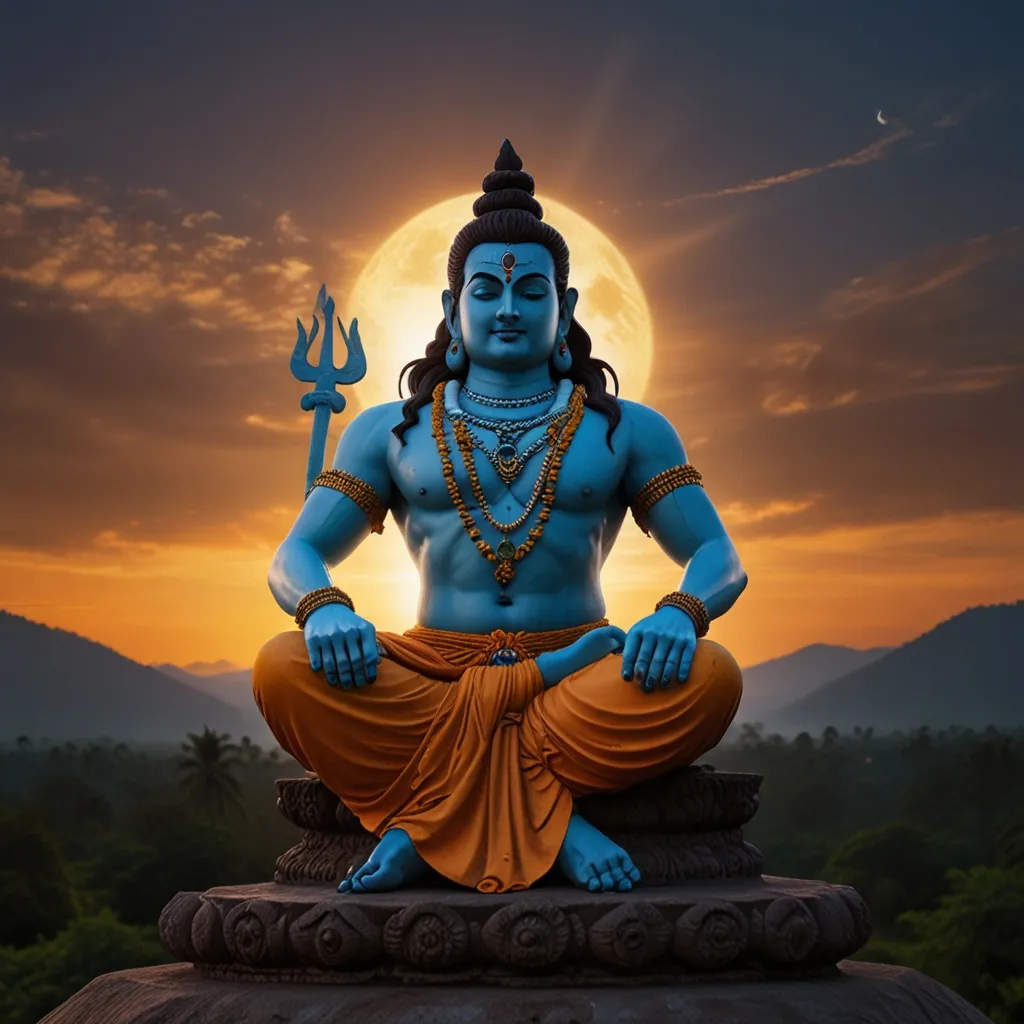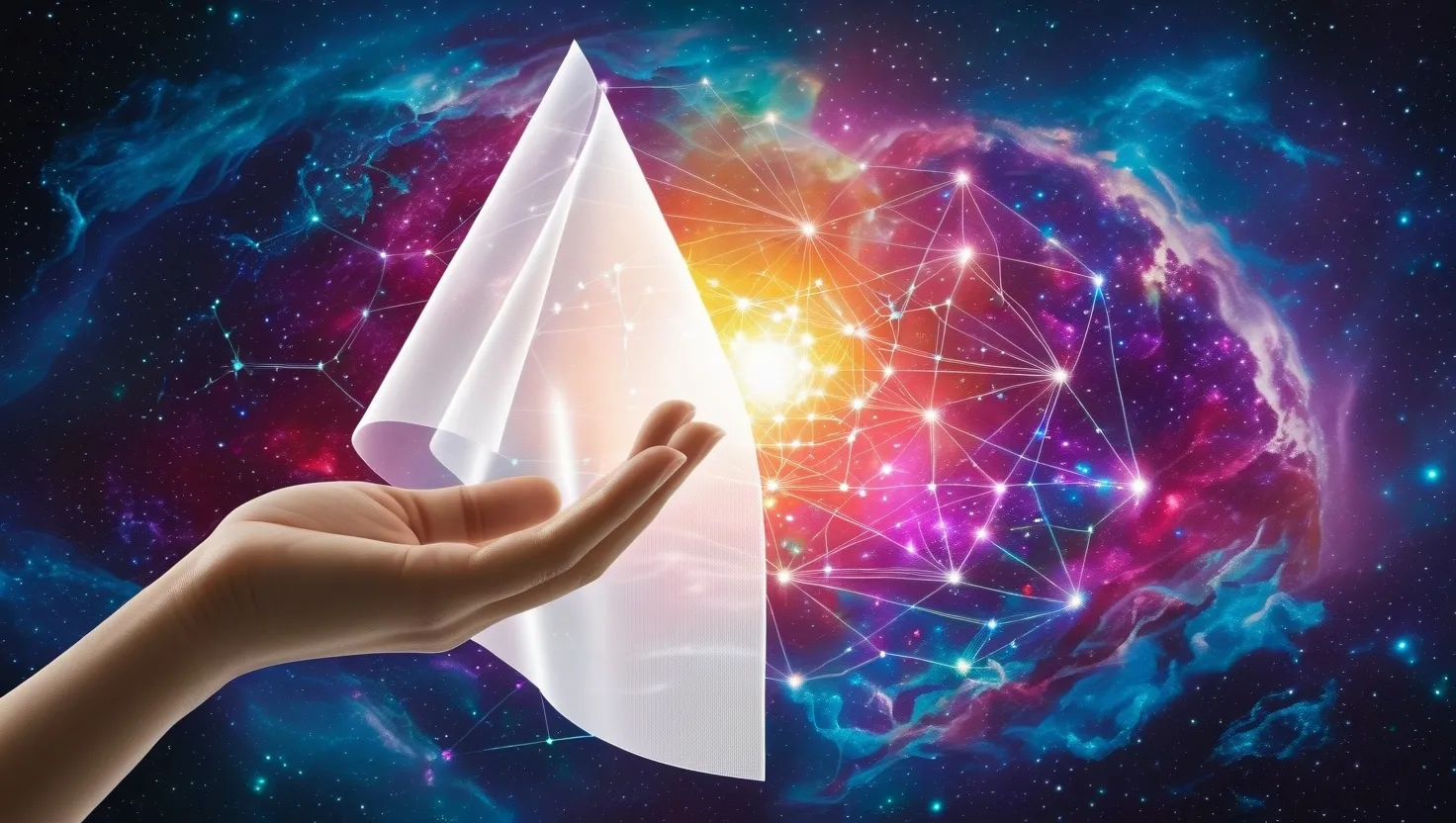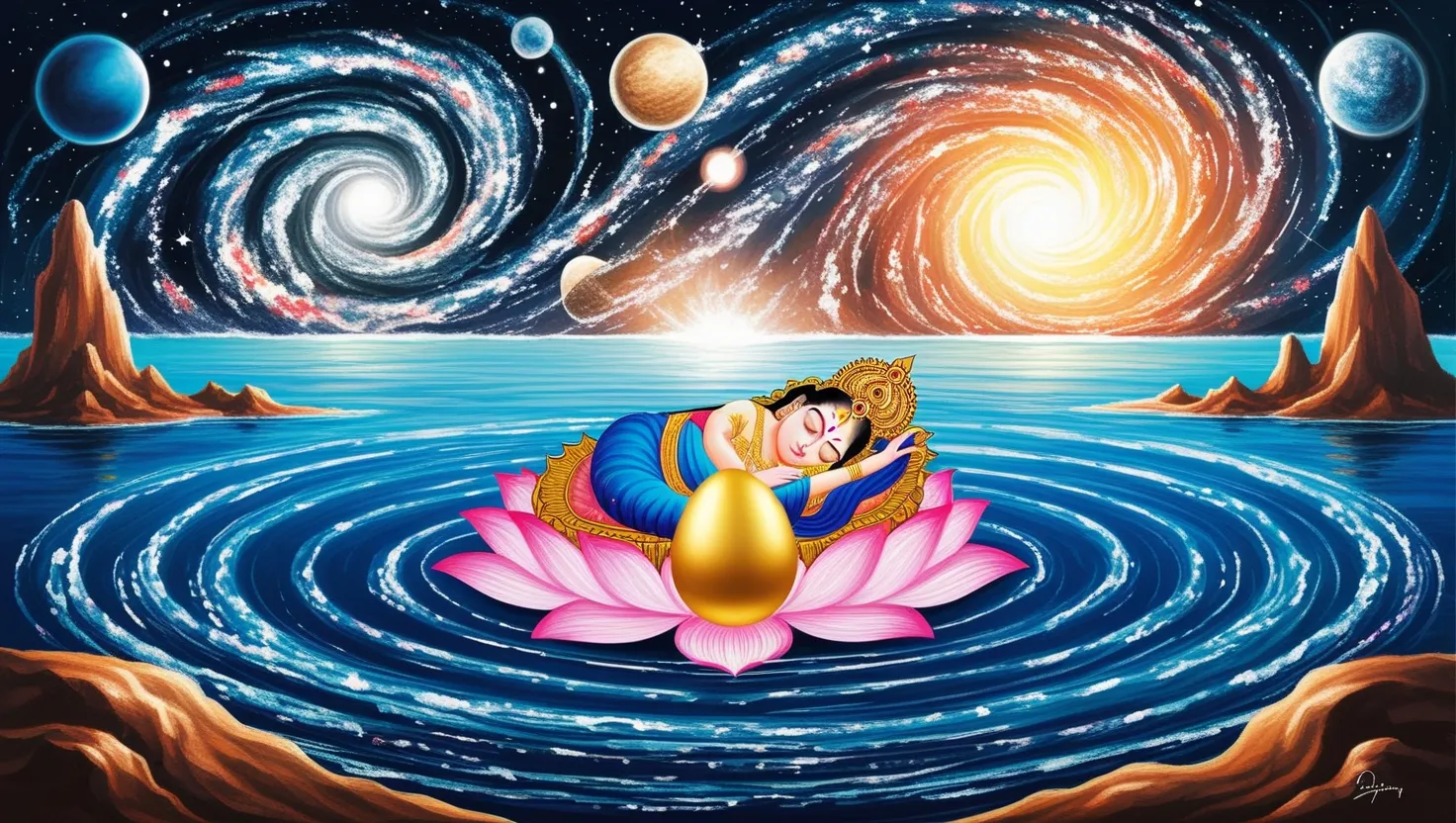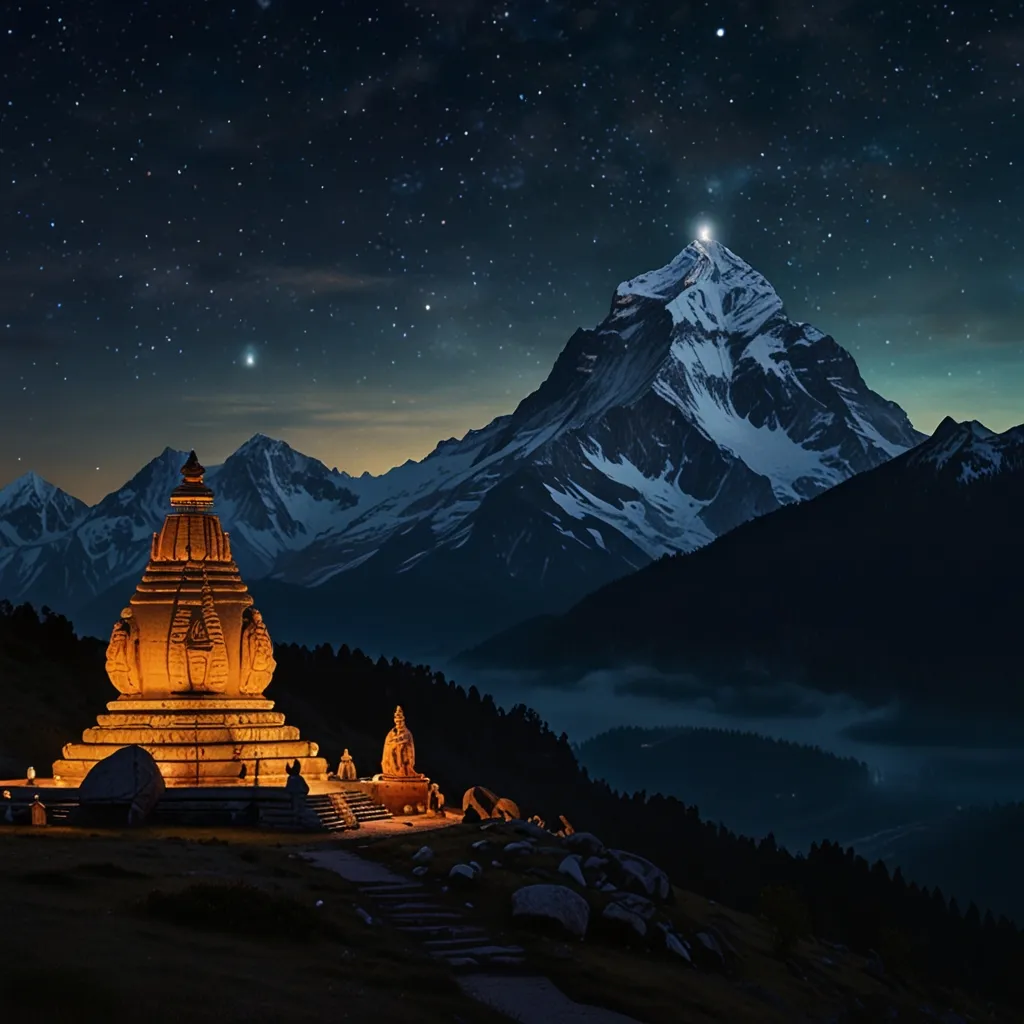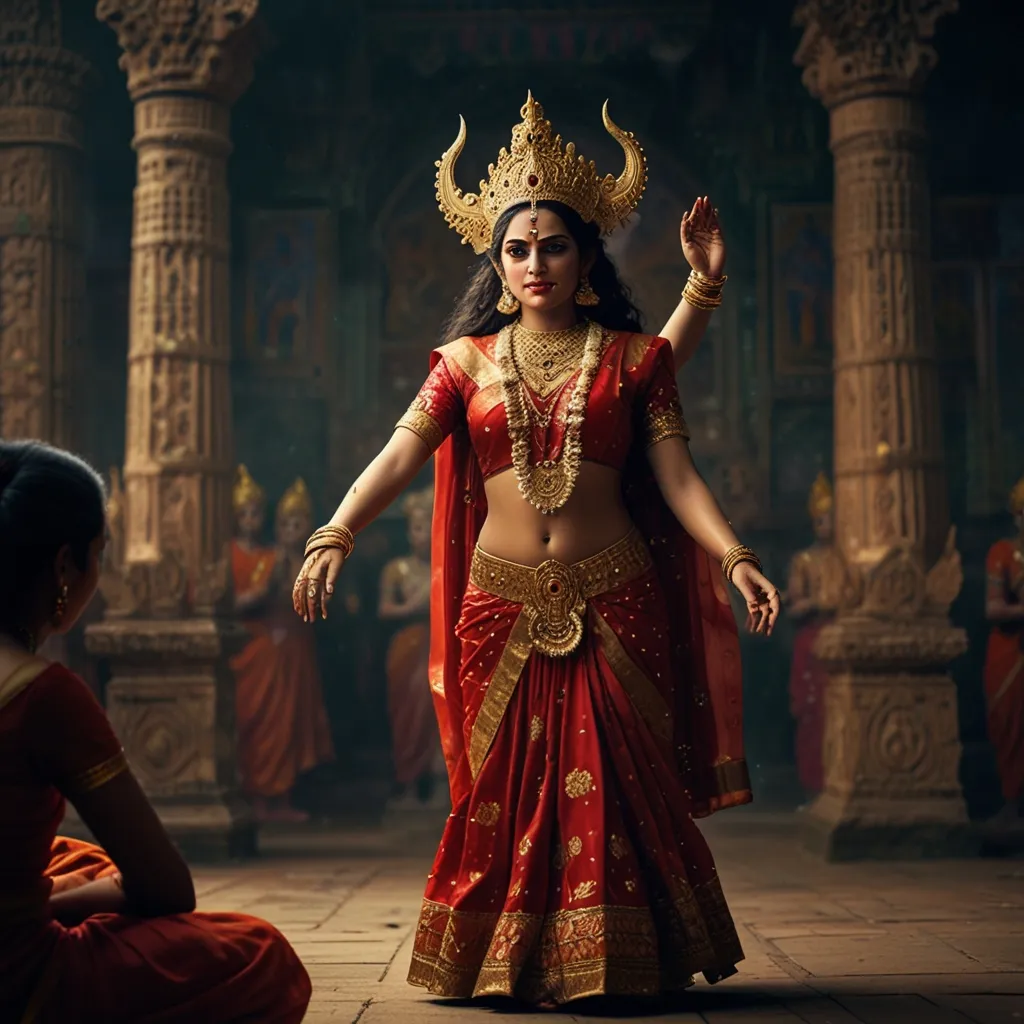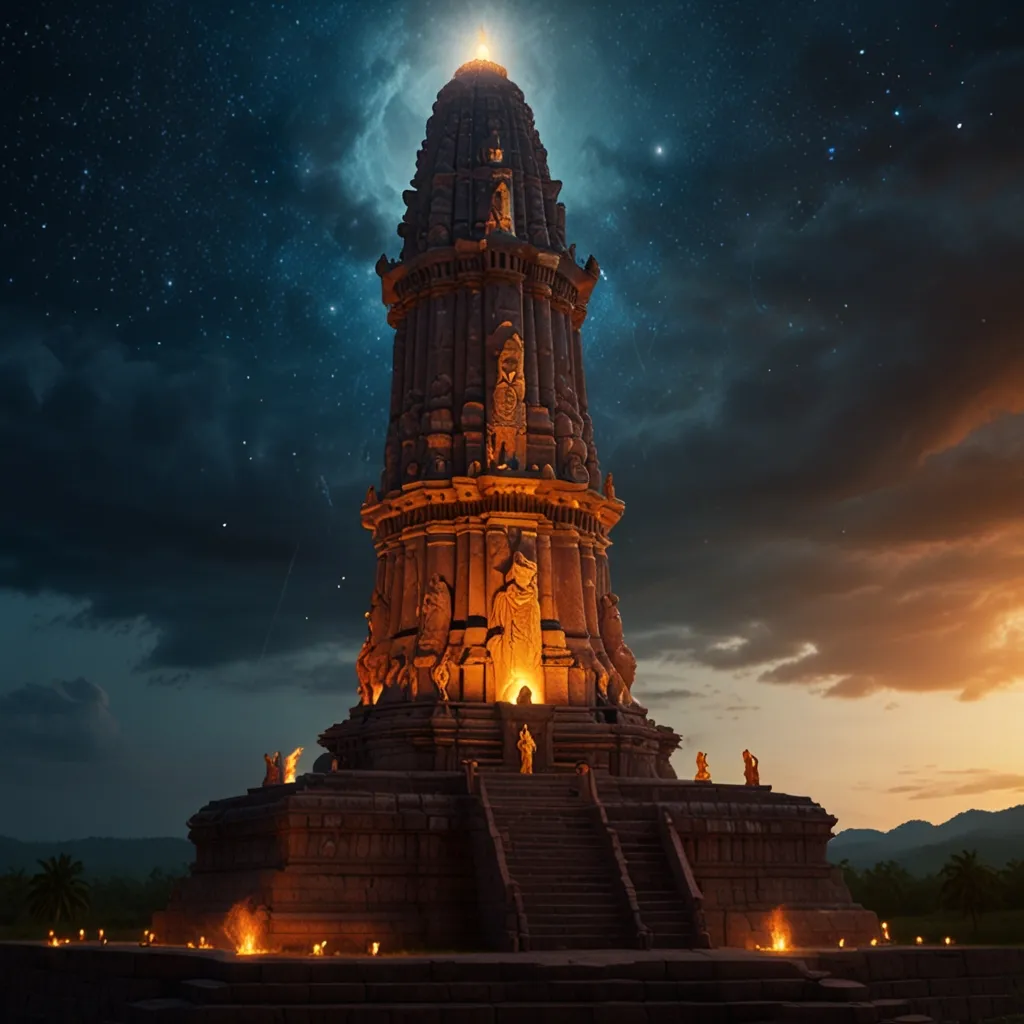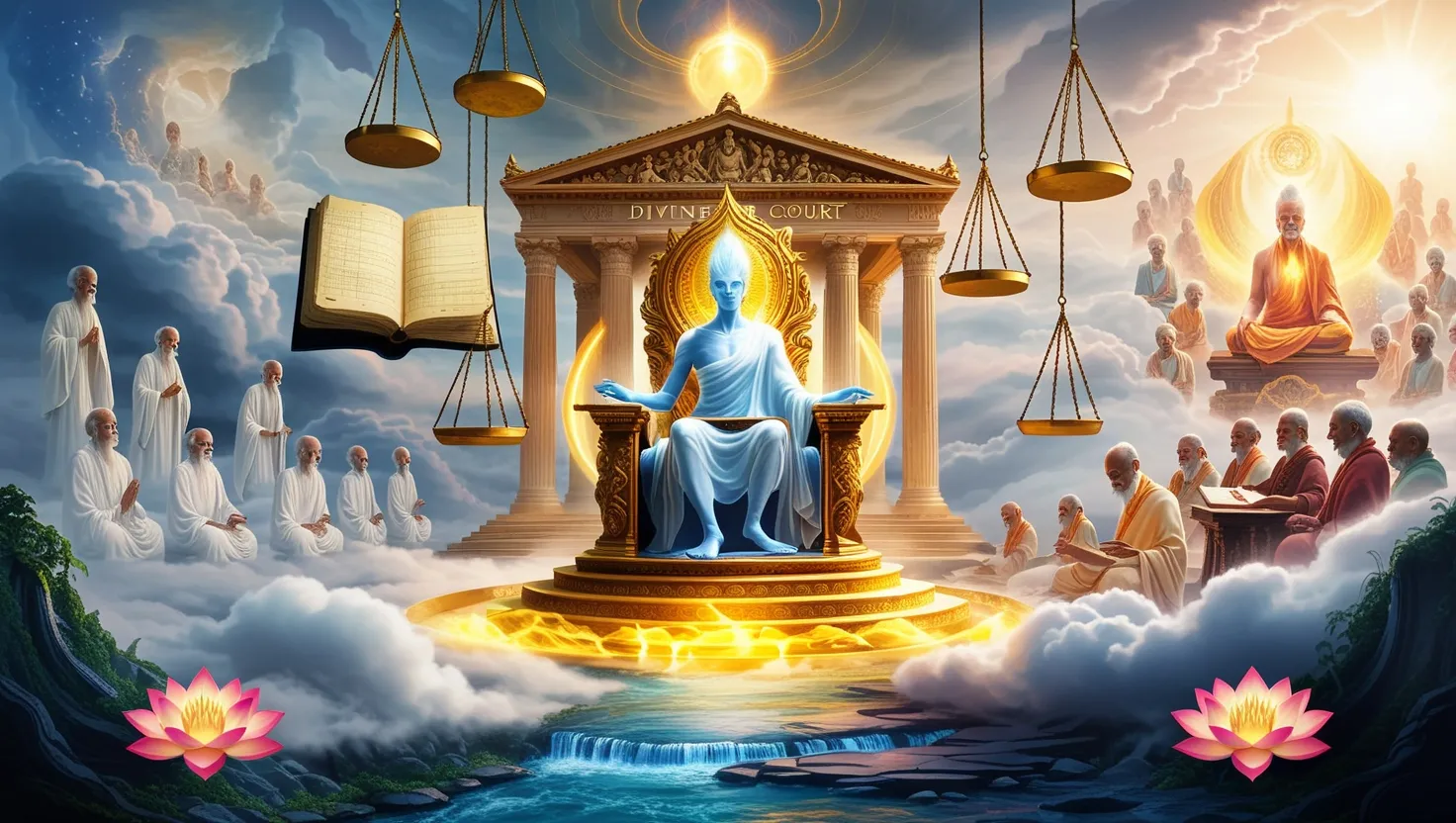Shiva, often called the Great Lord, is a cornerstone in Hinduism, reflecting his many layered persona and colossal impact on the universe. Known by various names like Mahadeva, Mahesha, and Rudra, Shiva embodies essence beyond labels. His imagery often includes Parvati, his consort, and their son Skanda, especially in the Somaskanda form, prominent during the Pallava Dynasty era in southern India.
Take the story of Pradosha, a special day for Shiva, observed during twilight, just before sunset. It’s a magical time to connect with Shiva, who in his yogic trance embodies the ultimate truth. Shiva stands out as the supreme yogi, teaching sages to merge their inner selves with the cosmic reality.
Shiva’s cosmic duties span creation and destruction. More than just ending things, Shiva dispels human suffering by helping us see past maya, or illusion. Yoga, deeply tied to Shiva, is all about grasping our oneness with the universe and reaching a blissful state. Influenced by Shiva, Yoga shapes philosophies and practices across Hindu traditions.
The Shiva Purana, packed with stories about Shiva’s divine exploits, showcases his role in universal balance. One splendid tale features Shiva performing the tandava dance, a powerful symbol of creation and destruction. This dance’s might even governs the mighty Ganga River, depicted as flowing from Shiva’s hair.
Shiva isn’t just an Indian deity; his influence stretches across Southeast Asia. Countries like Indonesia, Myanmar, Cambodia, Laos, Vietnam, Thailand, and Malaysia, house Shiva temples and artifacts. This points to a beautiful blend of local beliefs and Shaivism.
Devotional texts, like the Shiva Sahasranama, listing a thousand names of Shiva, and the sacred hymns of Shri Rudram Chamakam, bring Shiva’s diverse aspects and blessings front and center for devotees.
Shiva’s life story is told through various lore, depicting his earthly appearance, ascetic lifestyle, and his marriage to Parvati. These tales go beyond historical narratives, offering deep spiritual insights into reality and enlightenment. For many, Shiva isn’t just a god but a reflection of the ultimate truth within every living being.
Honoring Shiva is a celebration of his enduring impact on culture and spirituality. His legends and teachings continue to guide and inspire a journey towards self-discovery and universal understanding. Whether through Yoga, chanting hymns, or observing Pradosha, Shiva remains a vital part of spiritual life for millions globally.
